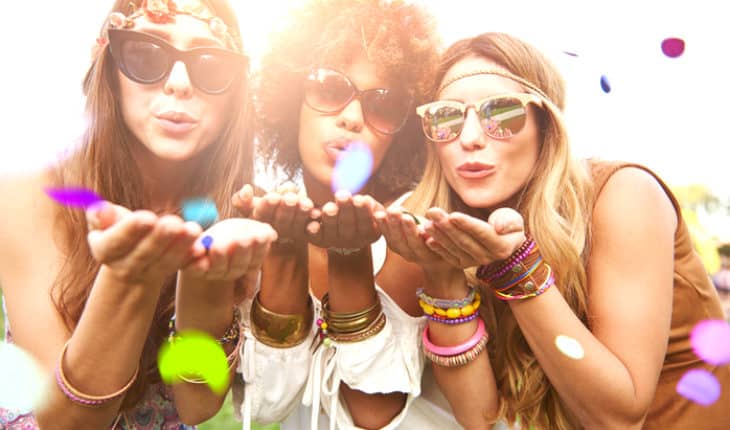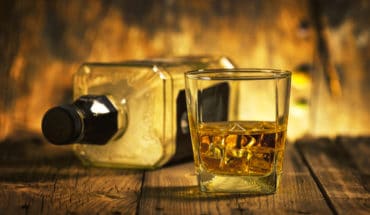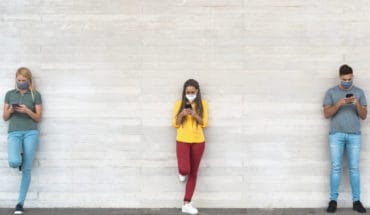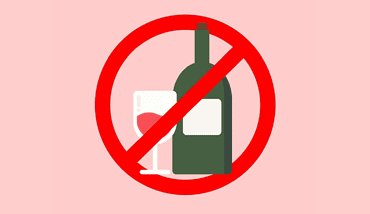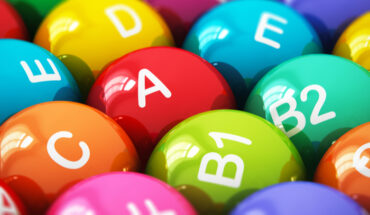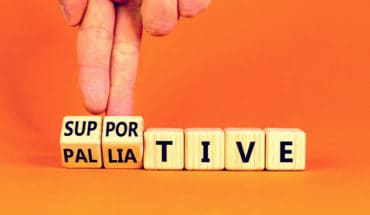Festivals – The ultimate survival guide to having fun and staying safe: Whether you are a first-time festival goer or a seasoned pro following these guidelines to staying safe at festivals will allow you and your friends to get the most out of your festival experience.
Get your bearings
Festivals can be on sprawling sites and feel overwhelming. Orientate yourself by getting to know where the camping, first aid and toilet areas are.
Personal safety
Stay connected. You are less likely to get hassled in a group where you can look out for one another. Stick with friends, have a designated meeting place where you can regroup if you get separated from your friends, take a phone and a solar charger.
Stick to well lit, populated areas, particularly at night.
Be aware of potential trouble brewing and try and avoid it.
Take a personal safety alarm.
Safety of belongings
The most common crime at festivals is theft so leave your valuables at home. Carry your bank card/cash/ mobile on you at all times, even at night. Some festivals offer personal lockers.
Drinks and drugs
Drink and drugs affect your judgement and your ability to react in an emergency.
Try and regulate your alcohol intake. Try the one-to-one ration of alcohol and water, alternating a bottle of water for every alcoholic drink.
If you are going to take drugs, try not to mix substances. Beware about buying on site from people you don’t know.
Increasingly festivals offer drug testing areas where chemists test the content of recreational substances to make sure they aren’t laced with harmful nasties. Healthcare professionals discuss the results and provide ‘harm reduction advice’. About half of the festival goers who used the testing service disposed of the drugs without taking them, or used less of them. As a result, hospitalisations at the festivals where drug testing has been offered was reduced.
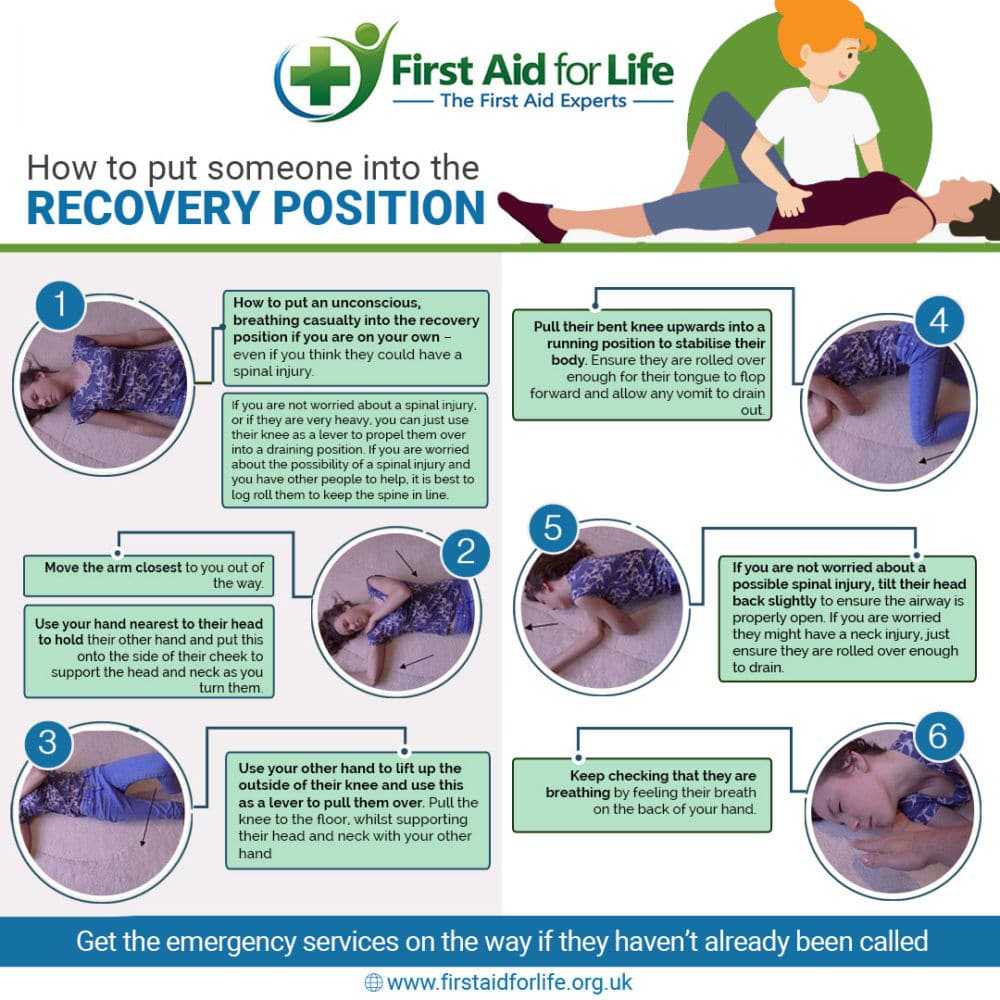
Drug testing
Increasingly festivals offer drug testing areas where chemists test the content of recreational substances to make sure they aren’t laced with harmful nasties. Healthcare professionals discuss the results and provide ‘harm reduction advice’. About half of the festival goers who used the testing service disposed of the drugs without taking them, or used less of them. As a result, hospitalisations at the festivals where drug testing has been offered was reduced.
Drink Spiking
Keep your drinks with you at all times. Both alcohol and soft drinks can be spiked with drugs. There is a worrying trend of secretly adding MDMA or ketamine to water bottles and offering them to unsuspecting festival goers. Be aware and never accept drinks from anyone other than close and trusted friends.
Medical Health
If you or a friend overdoes it or are concerned about a substance you have consumed, head straight for the festivals’ medical station where you can get reassurance and any medication that might be needed.
Festival staff and medical staff are used to dealing with people who have overdone it and are there to help not to judge you.
If you have a medical condition, take enough of your medication with you and have it on you at all times. Let your friends know about your condition or wear a medical-alert bracelet or tag.
Sexual Health
Many festivals give condoms away for free.
Remember condoms can protect against pregnancies and sexually transmitted diseases but are vulnerable to oil-based products you often find at festivals such as sun cream, wet wipes and sanitiser hand gel. Some festival medical centres offer the Morning After Pill if required.
Crime
If you are unlucky enough to be a victim of a crime, do report it to the police or the festival security as soon as possible so you can get the appropriate support and you may prevent someone else from becoming a victim.
Emergency
Have your bank emergency number to hand so you can cancel your bank cards if they are lost or stolen.
Take a note of your phones IMEI number which is a unique to your phone. This code allows you to cancel its access to the network if you lose it or it is stolen. Find it through your phones settings menu or by dialling *#06# and make a note of the long number that appears on your screen.
Take a taxi number and a list of emergency contacts as well as festival friends mobile numbers.
Keep a separate note of these numbers and not in your mobile phone so you can still seek help if you lose your phone.
Crowd crush
Feeling claustrophobic can lead to feelings of panic. Be aware if you are in front of the stage that it will become crowded behind you and you will get less space. Crowd surges do happen, so try and position yourself slightly to the side of the stage.
Always know your exit and try and position yourself near crowd control staff. If you want to avoid a crush leaving, then make for the exit before the last song. If you do have feelings of panic, try long slow calming breaths.
Slips, trips and falls
Many festivals now have onsite X-rays machines for the breaks and fractures occurring during festivals. These can happen from dancing in the mosh pit or crowd surfing or injuries from crowd crush. Particularly common are ankle injuries from slipping in the mud. Wearing ankle-protecting footwear can offer correct support to avoid this.
Collapse
One of the most common cause of collapse at music festivals isn’t because of substances people have taken, but because someone hasn’t drunk enough water.
At a festival it can be even more crucial to top up your H20 levels to boost water lost through drinking alcohol and taking drugs which can cause overheating and serious dehydration. Or to combat dehydration caused by too much sun. Add to this staying up late, partying hard and camping – it all takes their toll on self-care.
The symptoms of dehydration are: feeling thirsty or tired, headaches, passing dark or strong smelling urine, feeling dizzy or light headed, peeing little – fewer than 4 times per day, suffering from dry mouth, lips and eyes and collapse.
At its most severe, dehydration can lead to confusion and disorientation, a weak and rapid pulse and seizures and requires hospital treatment.
If you feel you may be dehydrated, you need to up your water intake immediately. Make sure you drink fluids in small sips, increasingly your intake gradually. Try to eat high water content foods such as ice lollies or fruits such as watermelon. You could also rehydrate with oral rehydration sachets.
To read our article on staying hydrated at festivals click here
To book your teenager onto our upcoming first aid course to give them confidence and skills to know how to help keep themselves and their friends safe in an emergency click here
- What is a seizure? - 13th March 2025
- Febrile Convulsions and Seizures in Children - 13th March 2025
- Why women are less likely to receive CPR or survive cardiac arrest - 6th March 2025
